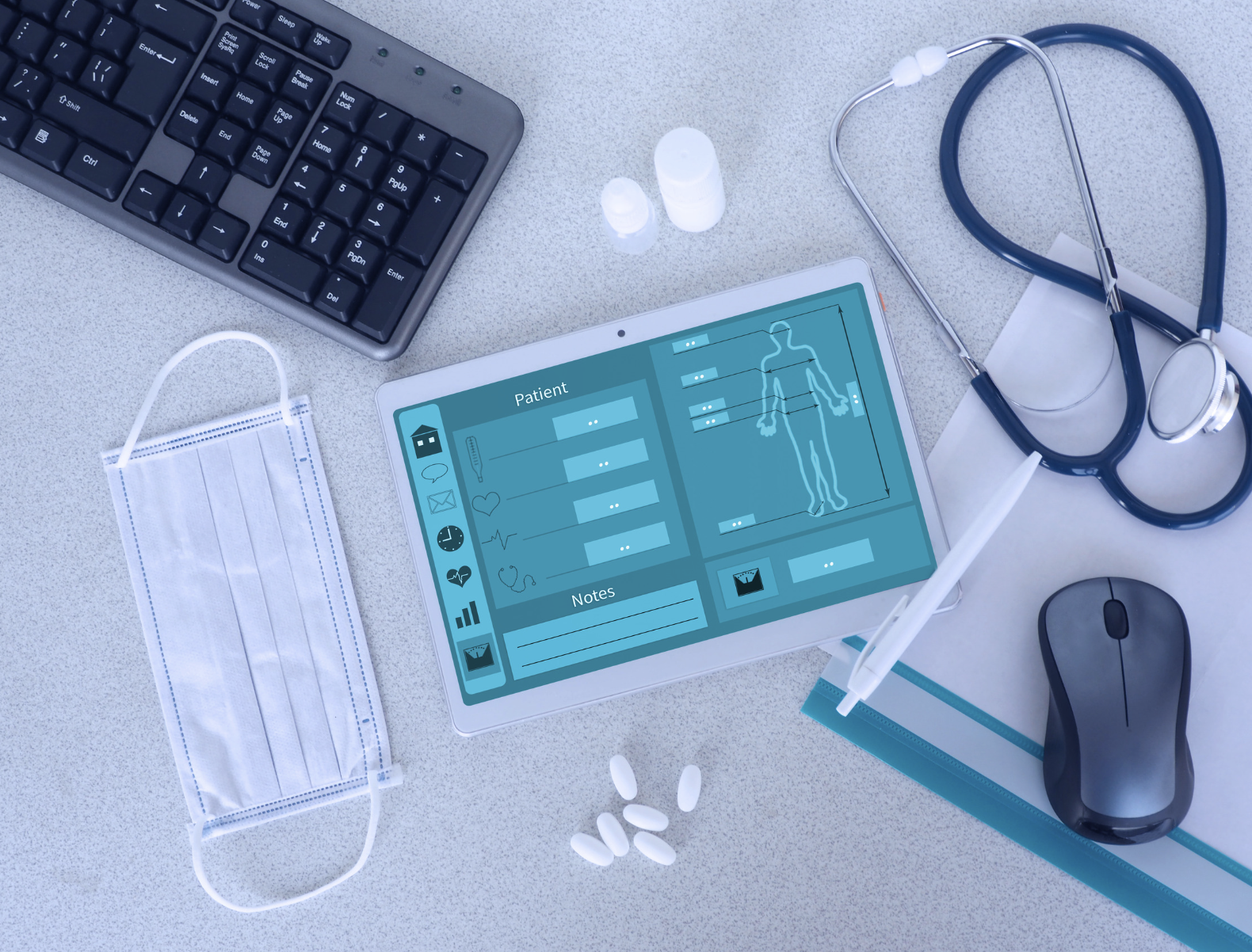The pandemic seems to have made a lasting impact on how we deliver addiction treatment services to patients. Nowhere is this more evident than in the enduring popularity of two buzzwords in the addiction treatment space. The words “virtual health” and “telehealth” are now ubiquitous in the treatment community as more and more addiction treatment programs leverage technology to provide increasingly efficient, convenient and cost-effective treatment to SUD patients.
If you work in the addiction treatment space, there’s no doubt that you’ve heard of virtual counseling and video-based group therapy sessions. You may have browsed an addiction treatment patient portal. Perhaps you’re even aware of addiction treatment alumni portals, which help collect outcome data, monitor alumni progress and act as an “open invitation” to return to treatment if needed.
But, have you heard of “digital therapeutics?”
These software-based, virtual interventions are actually rigorously assessed by the FDA - just like traditional pharmaceuticals - and are available to the public by prescription only. Today, we’ll learn more about digital therapeutics (sometimes rendered DTx), the benefits to prescribing digital therapeutics, and learn about some of the top digital therapeutics designed for behavioral health patients.
What are digital therapeutics? How are they different from digital health and digital medicine?
Digital therapeutics are FDA-approved software programs designed to be stand alone or adjunct delivery systems for the prevention, management or treatment of a variety of health conditions. One of the first applications ever launched under the digital therapeutics umbrella was a CBT-based app designed for addiction treatment patients. Behavioral health applications for digital therapeutics remain a strong segment of the market today. Most digital therapeutics currently on the market are designed to modify patient behavior CBT, making them particularly well suited to the addiction treatment space.
Although they often involve downloading an app onto a phone, digital therapeutics are more than just ordinary “apps.” Digital therapeutics are unlike the “digital health” apps in that they are evidence-based and go well beyond just collecting health data and organizing it into reports. Digital therapeutics are also more clinically sophisticated than “digital medicine” (or mHealth) products, which only offer a limited number of adjacent features like virtual diagnostics, biomarker tests and virtual patient monitoring.
What are some of the benefits of using digital therapeutics for addiction treatment in an intensive outpatient setting or IOP?
There are many benefits to implementing digital therapeutics in an addiction treatment setting.
Some of the benefits to digital therapeutics within a behavioral health context include:
Improved patient outcomes
Remove barriers to treatment for historically underserved patients
Remove barriers to treatment for rural or remote patients
Remove barriers to treatment for house-bound patients
Scalability - although they require human clinical oversight, digital therapeutics themselves do not grapple with staffing issues and capacity problems
Can be implemented anywhere - at home, at work, while traveling
Patient-driven approach can prompt better patient ownership and engagement of health
Allow clinicians to serve more patients without increasing workload hours
Doesn’t require a bigger building or infrastructure expansion to serve more patients
Highly cost-effective
When linked to reduction in hospital stays, reduction in disease activity, or prevention of disease, digital therapeutics contribute to an overall lowering of healthcare costs for payers, as well as a reduction in public health disease burden.
Why don’t we see more digital therapeutics in action in IOP or the addiction treatment space in general?
Although digital therapeutics go through the same FDA approval process that pharmaceuticals do, their unique “software as a medical device” status does not automatically grant them an intuitive or functional space in the insurance world. Simply put, many payers don’t have a pre-existing category for digital therapeutics, and most payers don’t recognize a CPT code or codes that correspond to treatment delivered using digital therapeutics. Digital therapeutics also don’t appear on most health plans’ preferred drug lists. This makes reimbursement for services rendered using digital therapeutics difficult, if not impossible, in many cases.
Of course, some payers are making changes to accommodate digital therapeutics. And, certainly, digital therapeutics companies have embraced several innovative strategies to get around the “insurance question” - things like B2B partnerships with employee benefits programs, marketing their product direct-to-consumer rather than prescription-only, and working with pharmaceutical companies to piggy-back on reimbursements for traditional drugs.
What are some of the top digital therapeutics for addiction treatment IOPs in use today?
Pear Therapeutics created the first two officially FDA-approved digital therapeutics on the market. These were both designed to address substance use disorders. The first, called Reset, addresses all forms of SUD and the second, called Reset-O, is designed to specifically address opioid use disorder and work in tandem with buprenorphine pharmacotherapy.
Why use digital therapeutics in an Intensive Outpatient or IOP setting?
One of the best reasons to use digital therapeutics in any setting is that they are evidence-based and studies are showing that they produce good results. Specifically, one study showed that Reset improved abstinence and treatment retention rates for SUD patients across several “drug of choice” categories. The same study demonstrated that Reset-O similarly improved retention rates for patients receiving buprenorphine for OUD.
Another key to the success of digital therapeutics in an outpatient setting is the modality’s emphasis on convenience and flexibility. Patients have a greater degree of freedom when interacting with digital therapeutics versus relying solely on face-to-face engagement with clinicians. When treatment engagement can happen anywhere at any time, there is no commute or transportation logistics to negotiate. Last-minute changes and scheduling issues need not interrupt treatment when checking in with your care team is as simple as opening an app on your phone.
Behave Health: Tech for the Future of Addiction Treatment
Behave Health is committed to making it easier - and more profitable - to operate evidence-based, results-focused addiction treatment centers today and well into the future.
Our all-in-one app puts clinical, administration, staff, admissions, alumni, residents, treatment plans, billing, insurance authorizations and more - all at your fingertips.
Get your free trial started today and see why more addiction treatment centers prefer Behave Health.
PS. Just getting started with behavioral health? Need help with certification, too? Behave Health can also help direct you to the right resources for help with Licensing or Accreditation by either The Joint Commission or CARF. Mention to your product specialist that you’re interested in this service after you start your free trial!





